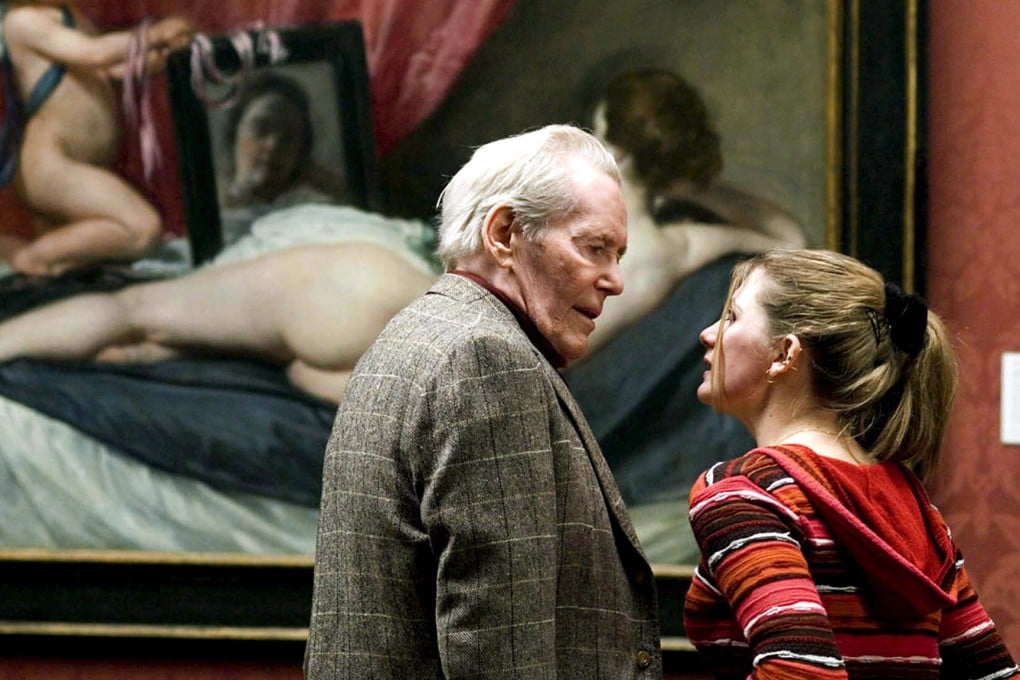Book review: looking for Peter O'Toole in the swirl of dust left by a hellraising life
A towering figure on stage and screen, O'Toole lived hard, with nary a backward glance or a moment's introspection, says author of new biography



In the late 1940s, a working-class Catholic schoolboy sat down to write a poem that read like a contract with his future self. "I will not be a common man, because it is my right to be an uncommon man," he vowed. "I will stir the smooth sands of monotony."
Over the course of a six-decade acting career, Peter O'Toole rarely passed up an opportunity to lord it over his rivals; to clamour for the world's attention; to upset the applecart of conformity. His life amounted to a series of flamboyant gestures. He kicked up so much dust he risked being lost in the swirl.
Robert Sellers' barnstorming biography runs us with gusto through the O'Toole picaresque, which is another way of saying that it's a portrait of the swirl. The actor talked big and covered his tracks to such an extent that even his closest friends and relations could not quite figure him out. Visiting him on the set of a film, his sister fell into conversation with O'Toole's fellow players, asking: "At the end of this picture, will you tell me who my brother is?"
O'Toole boasted that he was a proud Irishman, born in Connemara. His birth certificate states that he was born in Leeds. As a small boy he was already intent on raising a ruckus, outraging the nuns by adding dangling genitalia to his drawing of a horse. Fresh from national service, he appears to have stumbled backwards into the Royal Academy of Dramatic Art and only landed what would prove his breakthrough role, in David Lean's Lawrence of Arabia, after Marlon Brando and Albert Finney turned it down.
